BBC News
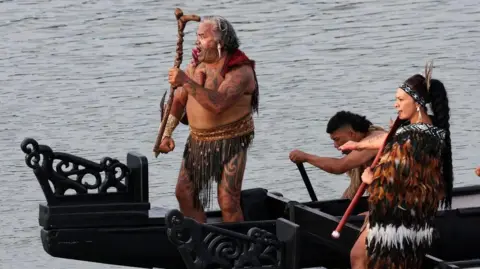 Getty Images
Getty ImagesThousands of people have attended events in Waitangi in northern New Zealand, to celebrate the country’s national day.
Waitangi Day marks the first signing of New Zealand’s founding document: The Treaty of Waitangi or Te Tiriti o Waitangi in Māori.
Prime Minister Christopher Luxon bucked tradition by choosing not to be in Waitangi for the celebrations, instead attending an event in the South Island.
This year’s commemorations come at a time of increased tensions, as the government pursues policies considered by some to be anti-Māori – including a bill which would reinterpret the 185-year treaty.
On Wednesday, the eve of the holiday, hundreds of Māori protesters staged a silent demonstration by turning their backs on government ministers, signalling their dissatisfaction with the handling of Indigenous issues.
Act party leader David Seymour – who is the architect of the controversial bill in question, known as the Treaty Principles Bill – also had his microphone taken away twice at the event.
“We are sick of talking to ears that will not listen, and to minds that will not change,” Eru Kapa-Kingi – from the Toitū te Tiriti movement, which led the largest ever protest over Māori rights in 2024 – said.
Luxon announced in December that he would not be at Waitangi – choosing instead to celebrate the day in the South Island with its largest tribe – or iwi in Māori – Ngāi Tahu.
Iwi are groups of people who are joined by their shared ancestry and connection to nature. Ngāi Tahu has roughly 74,000 members, according to New Zealand’s last census.
“Today is a day to reflect on where we have come from and look forward to where we are going together as a nation,” Luxon said in a video message from Akaroa.
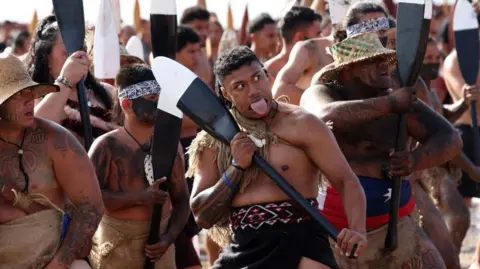 Getty Images
Getty Images“The treaty is central to our history and it is also critical to our future. When Māori. communities succeed, all of New Zealand benefits. We’ll continue to deal with our differences respectfully and move forward together,” he added.
Luxon is not the first prime minister to miss the commemorations at Waitangi but his decision not to attend during a time of increased tensions between Māori and his government has drawn mixed reactions.
Ngāi Tahu said it welcomed the prime minister’s decision to celebrate with them and that it was a time to “reflect on our shared history…and strengthen the relationships between tangata whenua [Māori] and the Crown, for the benefit of all our communities in New Zealand”.
His political opponents have accused him of cowardice as his government pursues policies that many Māori consider offensive.
“When the prime minister doesn’t even want to show up to Waitangi he’s showing us he’s not the person for the job – he doesn’t want to govern for the people of this nation,” said Green Party co-leader Marama Davidson.
What is the treaty of Waitangi?
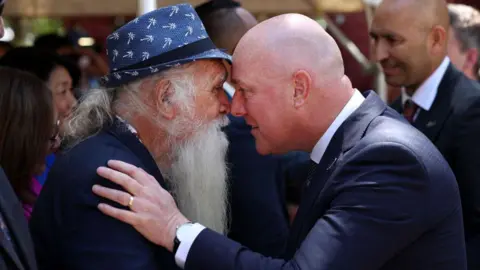 Getty Images
Getty ImagesThe Treaty of Waitangi was signed between many, but not all, Māori tribes and the British Crown at Waitangi on 6 February 1840 – giving both parties certain rights and privileges.
For Māori, this includes retaining chieftainship over their lands and resources, but differences between the Māori and English versions of the treaty have left it open to interpretation.
Nevertheless, the promise to protect indigenous land rights was repeatedly broken and the economic and cultural impacts of this, coupled with racial discrimination, has led to an inequality that is still being addressed today.
It is in this context that the anniversary of the signing of the treaty has come an important day for discussions about the state of relations between Māori and the state.
A tense backdrop
This year’s anniversary comes amid ongoing scrutiny of the Treaty Principles Bill.
The minister who has been championing proposal – Act Party leader David Seymour – has attended, despite being asked not to by his hapū (sub-tribe).
Proponents of the bill say it will promote equality among New Zealanders, but those against it say it is divisive and will further disadvantage Māori.
Concern about the bill is so high that a national forum representing several iwi (Māori tribes) recently wrote a letter to King Charles – New Zealand’s head of state – asking for his help.
“We seek your intervention to ensure that the government does not diminish the Crown’s honour,” the open letter reads.
“Please remind them to respect their responsibility to act as an honourable partner on your behalf.”
While it is unlikely the bill will pass – with Luxon and his majority National Party vowing to not back it at its second reading later this year – some of those who have participated in the public hearings about it say its very existence is an insult.
They include former justice minister Kiritapu Allan, who described the proposed legislation as an “abomination”.
“This is a bill that is about scrubbing us [Māori] from history,” she said.
Others have supported it. Economist Ananish Chaudhuri said the conversation about enshrining the Treaty principles in law was needed “if New Zealand is to remain a multi-ethnic and multi-cultural nation”.
He also spoke out against a situation in which different cultures in New Zealand are treated differently, saying his birth nation of India was a “cautionary tale”.
Other steps the government has taken that have caused anger include the dissolution the Māori Health Authority – which was set up under the last Labour government to try and create greater health equality – and the removal of Māori names from government departments.

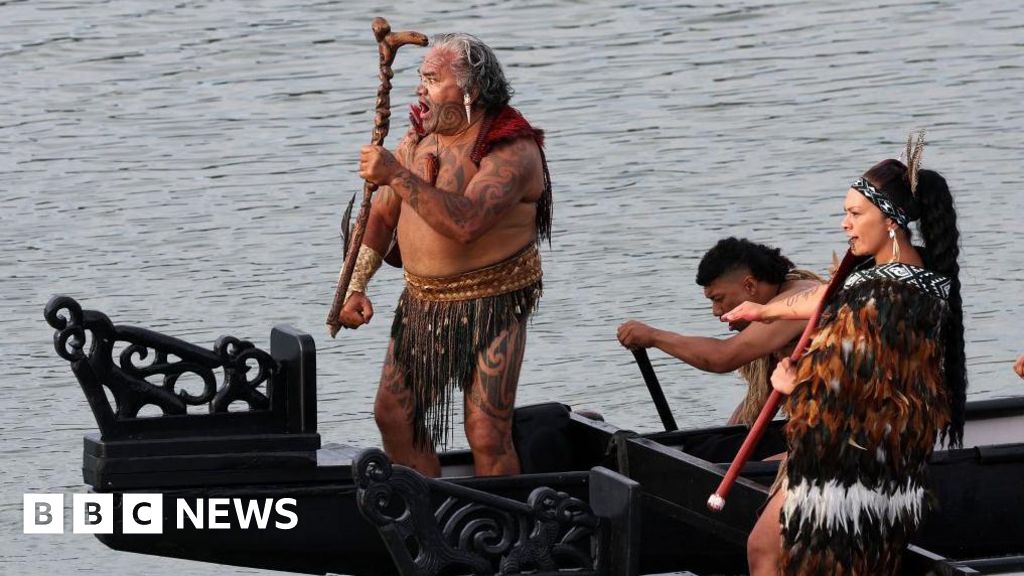

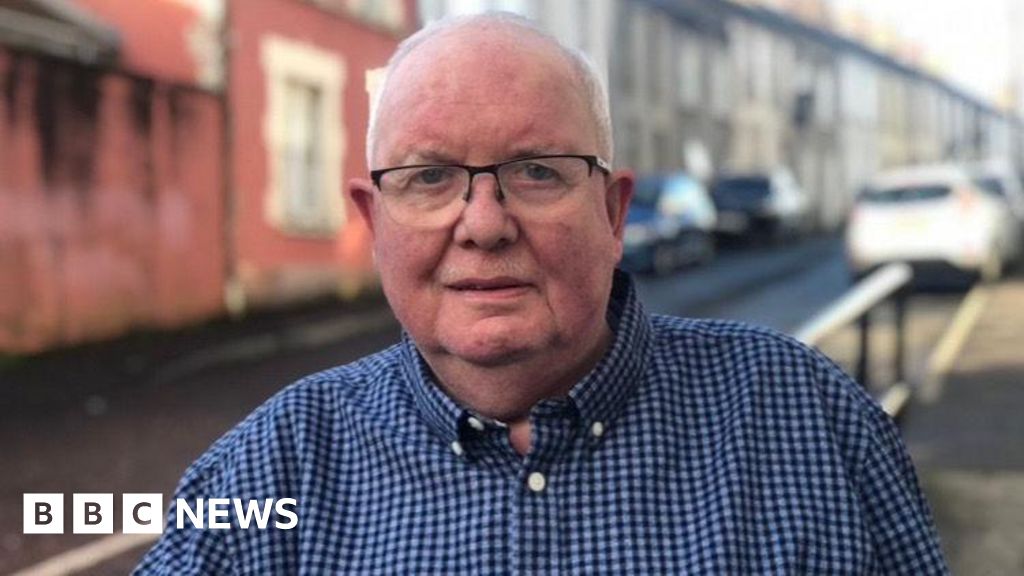
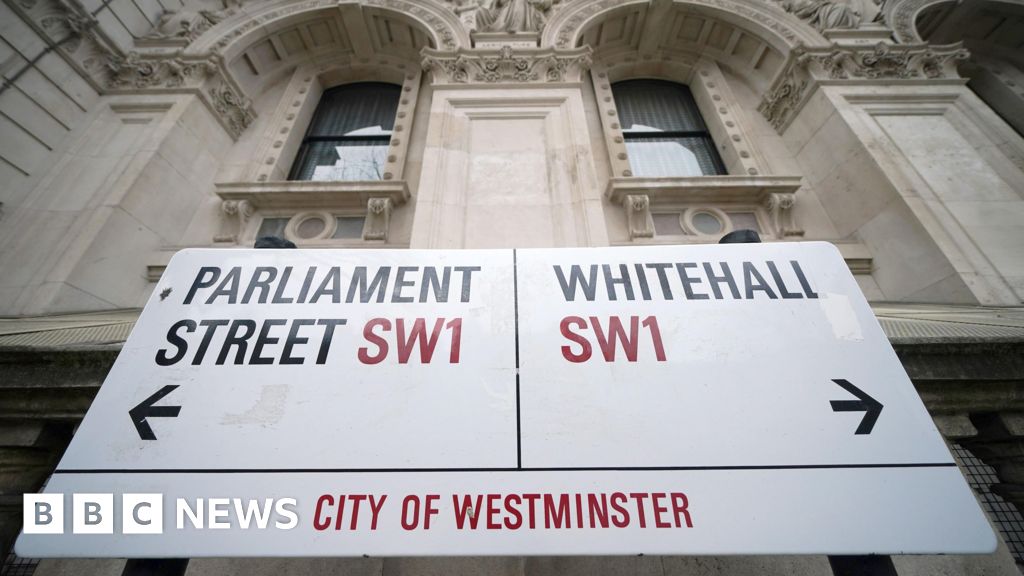


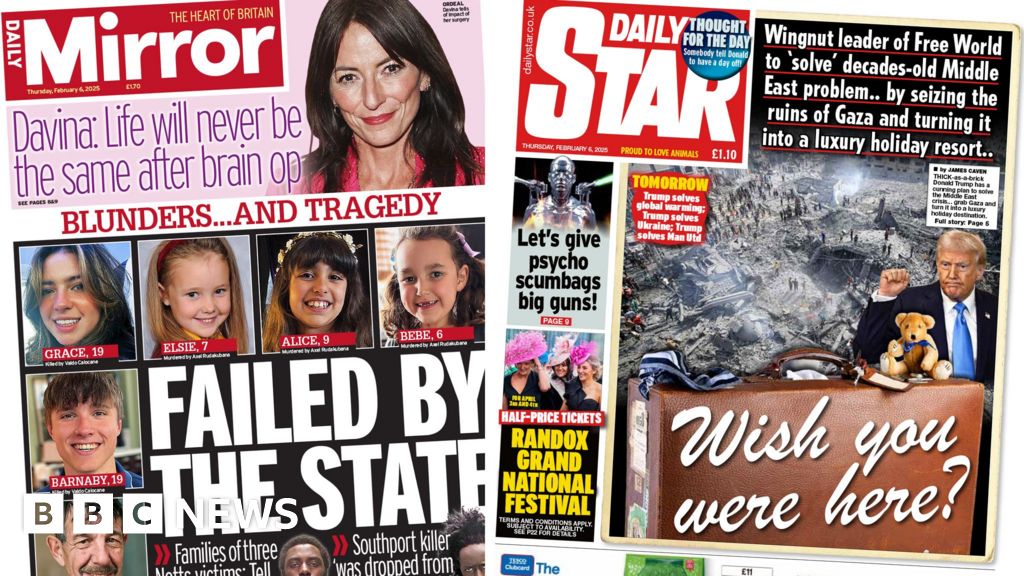

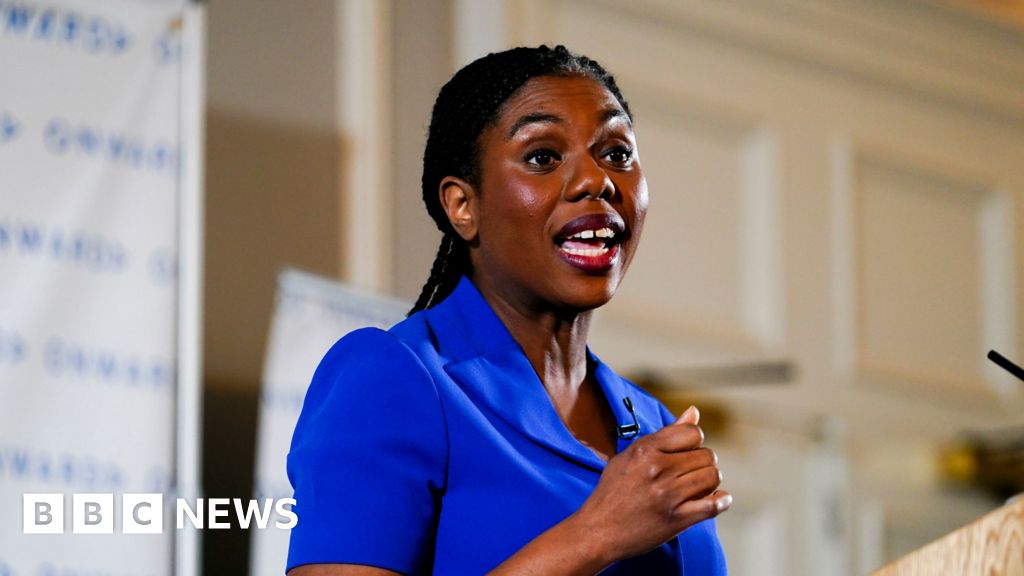

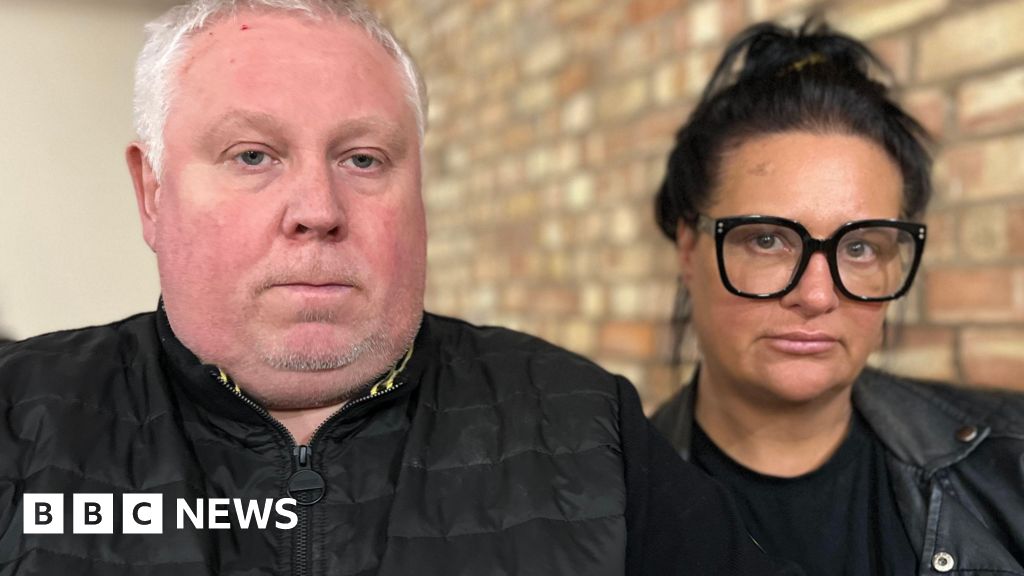





Leave a Reply